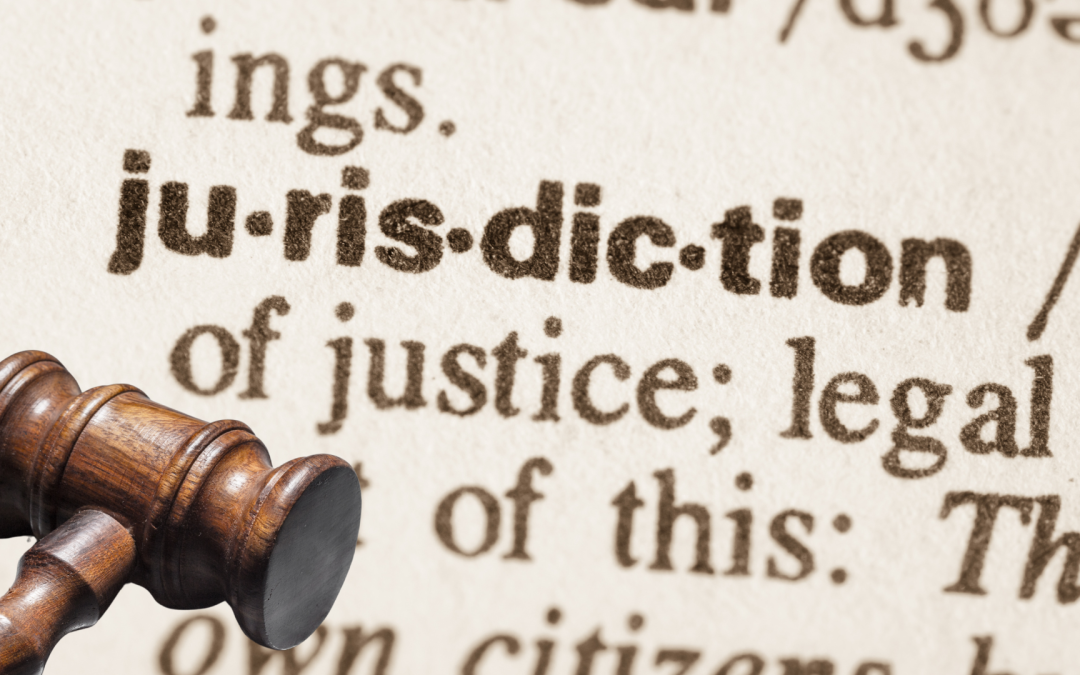Introduction
In a landmark decision by the Free State High Court, Bloemfontein, the case of Lequbu Specialised Services (Pty) Ltd v Matjhabeng Local Municipality (3328/2021) [2024] ZAFSHC 14 (18 January 2024) serves as a pivotal example of the legal enforceability of settlement agreements in South Africa. This blog post delves into the case’s background, the legal principles applied, and the court’s judgment, offering valuable insights into dispute resolution and the significance of honouring settlement agreements.
Background
Lequbu Specialised Services (Pty) Ltd (Applicant) entered into a contractual agreement with the Matjhabeng Local Municipality (Respondent) to provide professional services. Following a dispute over the quantum of fees owed, the parties engaged in mediation, which resulted in a settlement agreement. The Municipality, however, defaulted on this agreement, leading to legal proceedings to enforce the settlement.
Legal Principles Highlighted
- Rule 41(4) Application: The case underscored the application of Rule 41(4), which allows for the enforcement of settlement agreements that have not been carried out by applying for judgment based on the terms of the agreement.
- Enforceability of Settlement Agreements: The judgment reaffirmed that settlement agreements, once concluded and relating to settled litigation, are legally binding and enforceable, precluding parties from raising defences not included in the agreement.
Key Quotes from the Judgment
- “Because the Applicant was dissatisfied with the mediation outcome, the Applicant signified its intention to continue with legal proceedings to determine the quantum of its claim.” – This statement outlines the Applicant’s journey from dissatisfaction with mediation to seeking judicial enforcement of the settlement agreement.
- “Any party to a settlement which has been reduced to writing and signed by the parties or their legal representatives, but which has not been carried out, may apply for judgment in terms thereof.” – This reinforces the legal mechanism for enforcing settlement agreements.
- “The result of the settlement agreement made an order of court is that a party is precluded from relying on a cause of action or defence that could have been advanced or raised but for the settlement order.” – This highlights the finality and enforceability of settlement agreements once made an order of court.
Court’s Judgment
The court ordered the Matjhabeng Local Municipality to pay Lequbu Specialised Services the agreed sum of R4,000,000.00 in terms of the settlement agreement, along with interest and the costs of the application. This decision not only served justice for the aggrieved party but also set a precedent for the enforceability of settlement agreements in South African legal practice.
FAQs
What is Rule 41(4)?
Rule 41(4) allows a party to apply for judgment based on a settlement agreement that has not been executed, highlighting the legal recourse available when a party defaults on such agreements.
Why are settlement agreements important?
Settlement agreements provide a means to amicably resolve disputes without prolonged litigation. They are legally binding and ensure that parties adhere to the agreed-upon terms to settle their disputes.
Can a settlement agreement be challenged?
Once a settlement agreement is made in an order of court, it becomes challenging to raise defences or causes of action not included in the agreement, underscoring the importance of carefully drafting and agreeing to the terms.
Conclusion
The case of Lequbu Specialised Services (Pty) Ltd v Matjhabeng Local Municipality is a testament to the legal system’s commitment to upholding the sanctity of settlement agreements. It serves as a cautionary tale for parties to honour their commitments and provides a clear pathway for enforcing agreements through the judiciary. This decision reinforces the principle that once made, agreements are not merely moral obligations but enforceable under the law.












